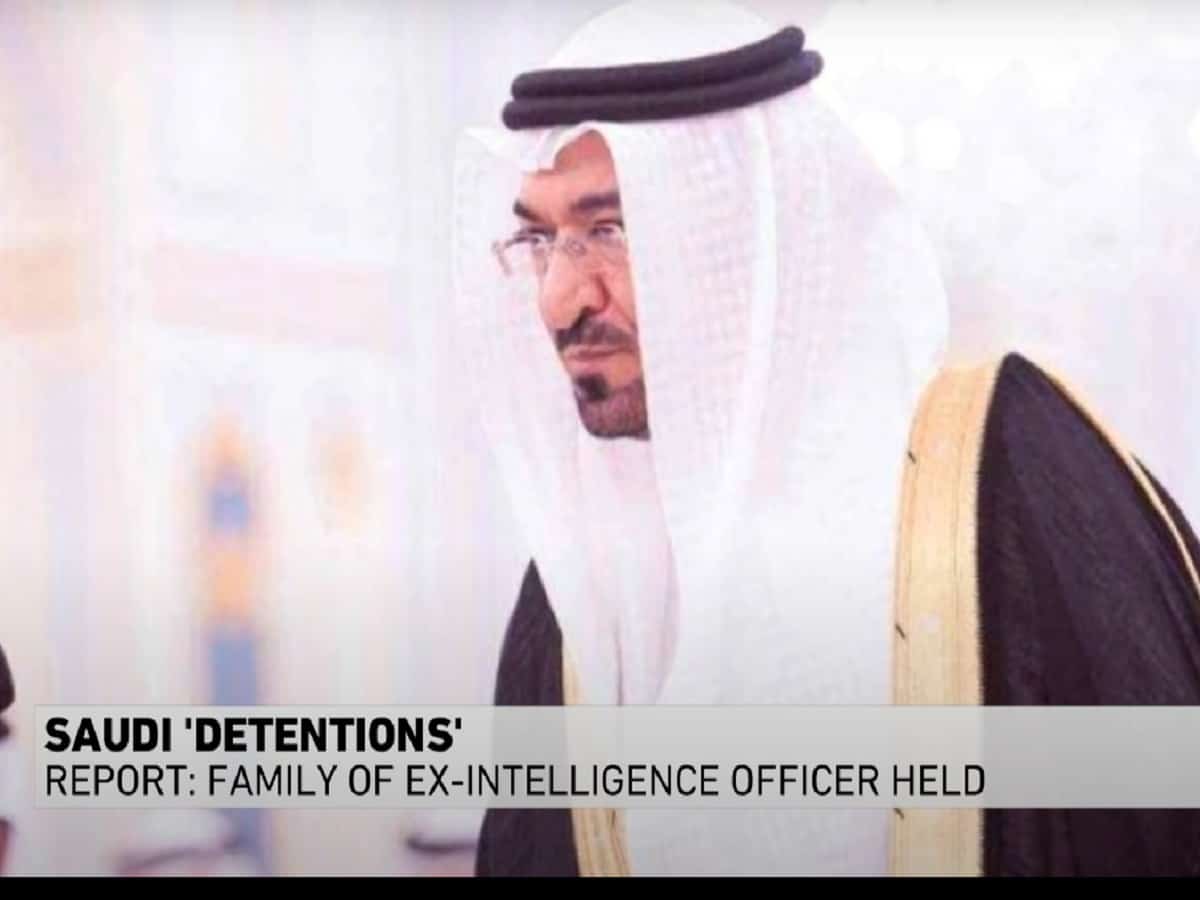Riyadh: A former top official in Saudi Arabia’s Interior Ministry has misspent the government funds for personal luxuries.
Saad al-Jabri, currently in exile, along with a group of men utilized $11 bn from government funds, according to a report by the Wall Street Journal.
Al-Jabri who is currently in exile in Canada ran a special interior ministry fund that was focused on high-level counter-terrorism efforts. From that fund, he had used $11 bn over 17 years to pay himself, his family, and acquaintances in bonuses, US intelligence agencies sources said to the Wall Street Journal.
“Mr. Jabri, a 61-year-old with a doctorate in computer science, was the effective No. 2 in the Saudi Interior Ministry, which was run for years by Mohammed bin Nayef. Mr. Jabri ran a special ministry fund that mixed government spending on high-priority antiterrorism efforts with bonuses for Mr. Jabri and others, according to documents reviewed by the Journal and interviews with Saudi officials and Mr. Jabri’s confidants,” the WSJ report read.
“In the 17 years he oversaw the fund, $19.7 billion flowed through it. The government claims $11 billion was spent improperly through overpayments on contracts or was diverted to destinations including overseas bank accounts controlled by Mr. Jabri, his family and his associates, including Mohammed bin Nayef,” the report added.
Documents collected by the WSJ and corroborated by corporate filings in Saudi Arabia showed that the funds originating from the special unit – run by Al-Jabri – was funneled through a company called Technology Control Co. which was funded by the ministry itself but also owned at times by al-Jabri’s brother, his nephew and two close associates.
The WSJ report showed how Technology Control Co. had channeled money and at times overcharged the Saudi Arabian government to stock up profit.
“Technology Control was transferred to the government. Saudi investigators discovered that the Interior Ministry paid the company more than $11,000 apiece for 2,000 secure landline and mobile phones that cost $500 to make, according to the people familiar with the investigation. The equipment was later discarded because it didn’t work well,” the WSJ reported.


